In today’s fast-paced world, it’s easy to get caught up in the daily grind and neglect the pursuit of personal growth and development. Yet, amidst the chaos, lies a powerful tool for transformation: reading. Immersing yourself in the written word can unlock a wealth of knowledge, inspire creativity, and equip you with the tools to navigate life’s challenges with greater effectiveness.
With ever-increasing demands on our time and attention, carving out space each day for reading may feel like an insurmountable challenge. However, taking even just 15-30 minutes away from other activities to explore a book has marked benefits. Reading provides mindfulness by slowing our racing thoughts, and transports us from worries or stresses into absorbing new perspectives. This mental break, no matter how brief, allows us to recharge and face what’s to come with renewed focus and energy.
The written word holds profound power to expand our understanding far beyond what we may initially imagine. Books feed our curiosity and spark questions to drive further learning. Through stories, we develop empathy and ingenuity as if experiencing other lives. Knowledge from non-fiction enlightens us on diverse fields and time periods. All these enrich our daily experiences and interactions, cultivating greater effectiveness in work, relationships and personal growth.
In this fast-paced era, making reading a consistent practice presents a simple yet impactful path toward continuous self-improvement. Its rewards continually spread into all domains of modern life, from stimulating our intellect to soothing our spirits each day.
Why Read?
The benefits of reading extend far beyond mere entertainment. Studies have shown that reading can:
- Expand your knowledge: Books offer a gateway to diverse perspectives, historical events, and scientific discoveries, broadening your understanding of the world and enriching your life experiences. Through compelling stories and factual accounts, we encounter new cultures, time periods and areas of expertise that expand our viewpoints.
- Improve focus and concentration: In an age of constant distractions, reading cultivates the ability to focus on a single task, enhancing your ability to concentrate and absorb information. The act of following a unfolding narrative trains our minds to focus deeply, improving attentiveness for other learning and work.
- Reduce stress and anxiety: Studies have shown that reading can lower blood pressure, heart rate, and cortisol levels, promoting relaxation and reducing stress. Losing ourselves in the written world has a soothing effect, providing mental respite from life’s pressures.
- Boost creativity and imagination: Engaging with fictional worlds and imaginative narratives sparks creativity and ignites the imagination, leading to innovative ideas and problem-solving approaches. Inspired by the fresh perspectives of authors, readers may develop their own innovative thinking on various subjects.
- Enhance critical thinking skills: Reading exposes you to different viewpoints and encourages analysis and evaluation of information, strengthening your critical thinking skills. We practice questioning and digesting new slants on topics that can strengthen evaluation of perspectives in all areas.
- Improve communication skills: Exposure to diverse writing styles and vocabulary expands your linguistic repertoire, enhancing your written and verbal communication skills. An expanding vocabulary and knowledge of rhetorical techniques elevates self-expression.
Choosing the Right Books
With countless books available, selecting the right ones can feel overwhelming. Here are some tips:
- Identify your goals: What areas of your life do you want to improve? Choose books that align with your personal and professional goals. Having clear targets in mind will guide you towards the most relevant texts.
- Explore different genres: Don’t limit yourself to one genre. Branch out and explore fiction, non-fiction, biographies, and self-help books to broaden your perspective. Exposure to diverse styles of writing enriches our knowledge in nuanced ways.
- Read reviews and recommendations: Seek recommendations from trusted sources, such as friends, family, or online book communities. Hearing what resonated with others filters options effectively.
- Consider your interests: Choose books that pique your curiosity and ignite your passion. You’re most likely to persevere when the topic engages you intrinsically.
- Try the first chapter: If a book captivates you from the opening pages, it merits your time. But don’t force completion if initial sections don’t hook you.
Essential Annual Reading List
To help you get started, here’s a curated list of ten books that can elevate your life and maximize your effectiveness:
1. “Atomic Habits” by James Clear:
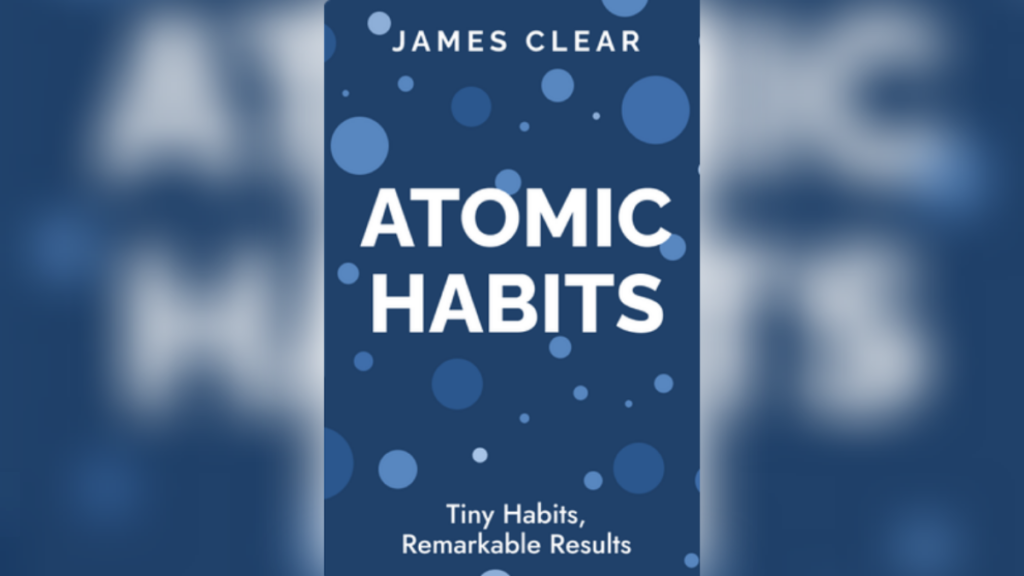
Learn the science of habit formation and implement strategies to build good habits and break bad ones. Managing our behavior through effective habits is key to achieving goals and personal growth. Whether establishing new routines or identifying patterns holding us back, Atomic Habits provides valuable insight and step-by-step guidance. By understanding habits on a scientific level, we gain powerful leverage over our behaviors to create fulfilling, productive lives.
2. “Deep Work” by Cal Newport:
Discover the importance of focused work and how to cultivate it in a distracted world. In today’s technology-driven environment, developing the ability to perform quality « deep work » is essential for standing out in your career and accomplishing meaningful tasks. Deep Work shares strategies for protecting time, prioritizing what’s important, and improving productivity. By intentionally shielding ourselves from distractions, we enhance concentration and maximize output on important endeavors.
3. “The 7 Habits of Highly Effective People” by Stephen R. Covey:
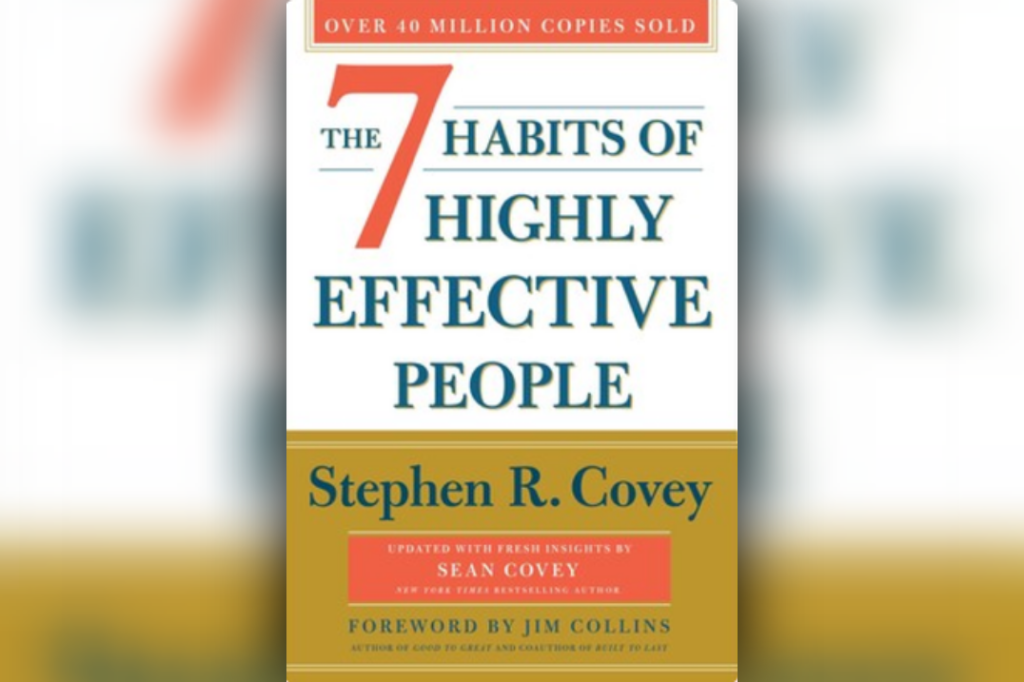
Implement these core principles for personal and professional effectiveness. A classic title, the 7 Habits outlines a framework for personal change and interpersonal leadership. Focusing on effectiveness over efficiency, it encourages cultivating proactive habits like « begin with the end in mind » to achieve more in all domains of life. This foundational book presents a holistic system for personal and interpersonal success through habits like proactive management and understanding others.
4. “Mindset” by Carol S. Dweck:
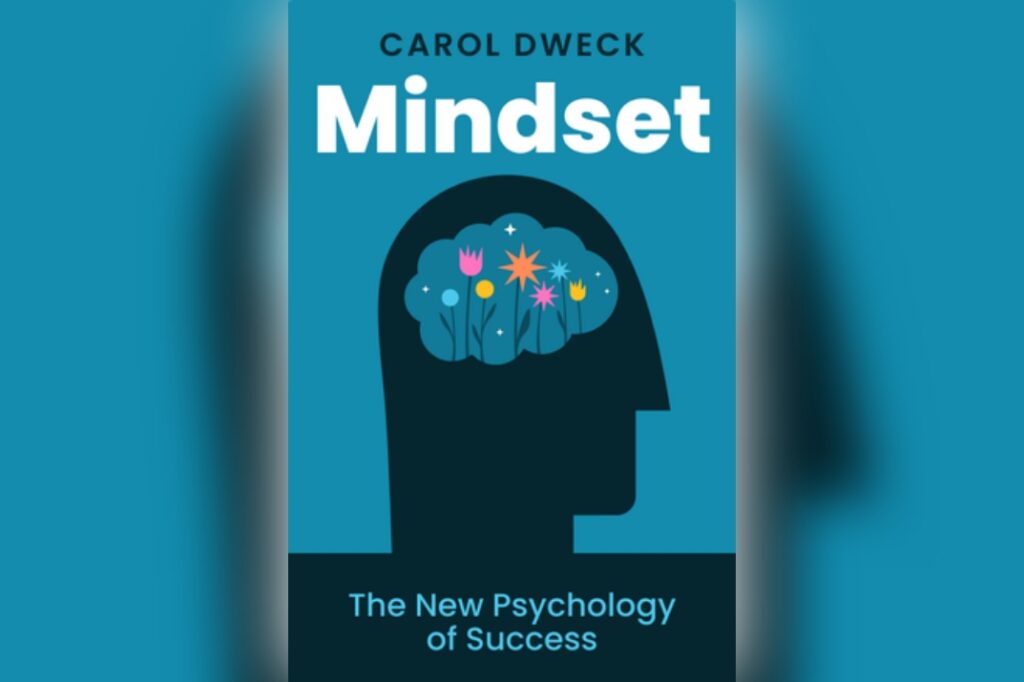
Embrace a growth mindset and unlock your potential for success. Understanding our mindset – fixed versus growth – shapes how we approach challenges and learning opportunities. Mindset introduces simple yet profound ways of adopting a growth perspective to keep developing new skills throughout life. A growth mindset allows us to see every day as a chance to build on our abilities rather than feel limited by them.
5. “Getting Things Done” by David Allen:
Master the art of stress-free productivity with this comprehensive organization system. Juggling responsibilities while staying on top of daily commitments causes unnecessary anxiety without proper systems. Getting Things Done presents a time-tested, action-oriented model for stress-free productivity and clear perspective. It provides an effective framework to manage our various obligations and surface the most meaningful tasks, allowing us to work with a calm, focused efficiency.
6. “The One Thing” by Gary Keller and Jay Papasan:
Focus on the most important task to achieve extraordinary results. With countless demands on our attention, it’s easy to feel pulled in many directions. The One Thing teaches us to identify singular, high-impact activities that, if done correctly, can eliminate distractions and move the needle forward. By concentrating our efforts on a key « one thing, » we maximize output and make significant progress unburdened by unnecessary tasks.
7. “Dare to Lead” by Brené Brown:

Learn the qualities of effective leadership and the power of vulnerability, courage, and empathy. Strong leadership requires authenticity and emotional intelligence more than an assertive presence. Dare to Lead advocates for « daring leadership » through empathy, courage, and wholehearted living that drives meaningful change. By bringing our whole selves to our roles and courageously connecting with others, we inspire the type of innovation that elevates both individuals and organizations.
8. “The Power of Now” by Eckhart Tolle:
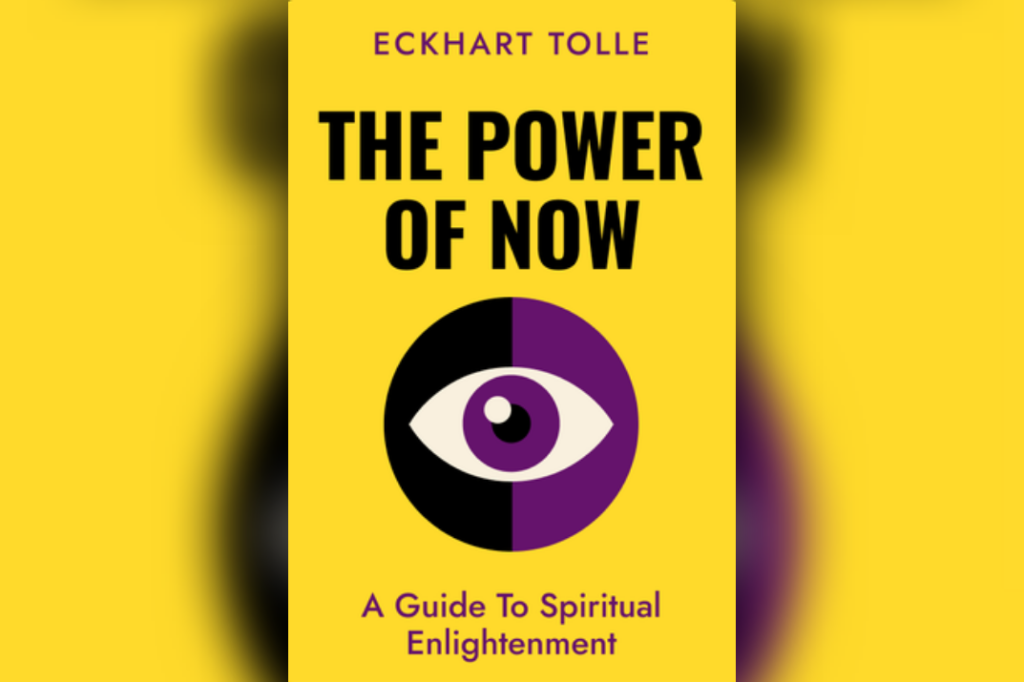
Discover the transformative power of living in the present moment. In a future- and past-oriented mindset, we miss life’s richest moments. The Power of Now sheds light on the gifts of stillness and living fully engaged in each present experience, leading to greater peace and fulfillment. It teaches how to free ourselves from fears about what has not yet happened and what we cannot change, instead of fully inhabiting each instant.
9. “Essentialism” by Greg McKeown:
Pursue less to achieve more and focus on what truly matters. Information overload and endless commitments burden our lives without clarity on what’s really important. Essentialism encourages selectively focusing on a small number of meaningful goals and eliminating non-essentials to achieve more of what drives our purpose. In a fragmented world, its guidance on discerning and prioritizing our deepest motivations brings simplicity and productivity.
10. “Grit” by Angela Duckworth:
Develop the grit and perseverance needed to achieve long-term goals. While talent is often praised, research shows grit – passion and perseverance for very long-term goals – is a stronger predictor of achievement. Grit teaches practical strategies like cultivating optimism for keeping up effort over time and achieving extraordinary results through resilience and sustained motivation. Together, these habits move goals from distant dreams to realities.
Creating a Reading Plan
To maximize the impact of your reading, create a plan:
- Set goals: Determine how many books you want to read per year and set specific goals for each book. Have clear targets to keep you focused and motivated throughout your journey.
- Schedule dedicated reading time: Block out time in your schedule for reading, even if it’s just 30 minutes a day. Be intentional about protecting this time amid daily obligations. Reading before bed can help you unwind as well.
- Join a book club: Discussing books with others can enhance your understanding and enjoyment. Exchange ideas to take fuller insights from each text. You may even find new titles to explore through the group.
- Track your progress: Keep a reading log to monitor your progress and stay motivated. Note your impressions, questions and « ah-ha » moments to review later. Visualizing achievements will encourage your continued growth.
Conclusion
Incorporating regular reading into your life is an investment in yourself. By immersing yourself in the written word, you open doors to knowledge, personal growth, and enhanced effectiveness. Start your journey today and embark on a path of transformation with these essential annual reads. Remember, the power to elevate your life lies within the pages of a book. Commit to any of these action steps to optimize your development through the proven skill of reading. Constant learning will allow you to meet each new challenge from your strongest self.


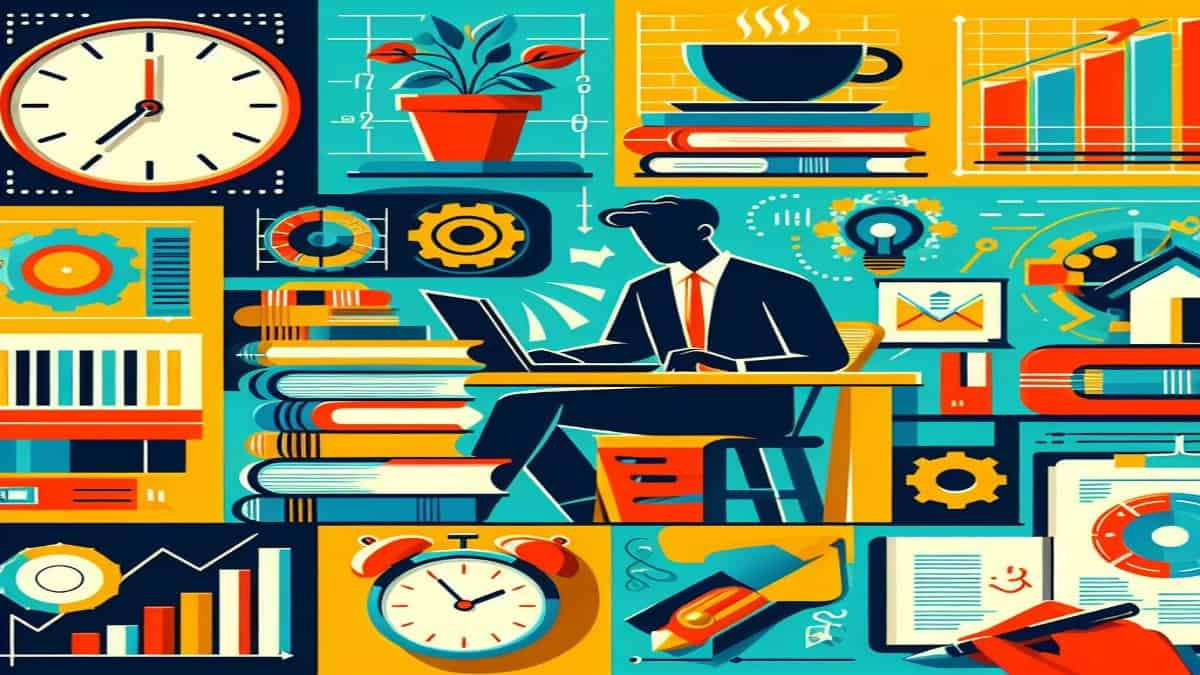
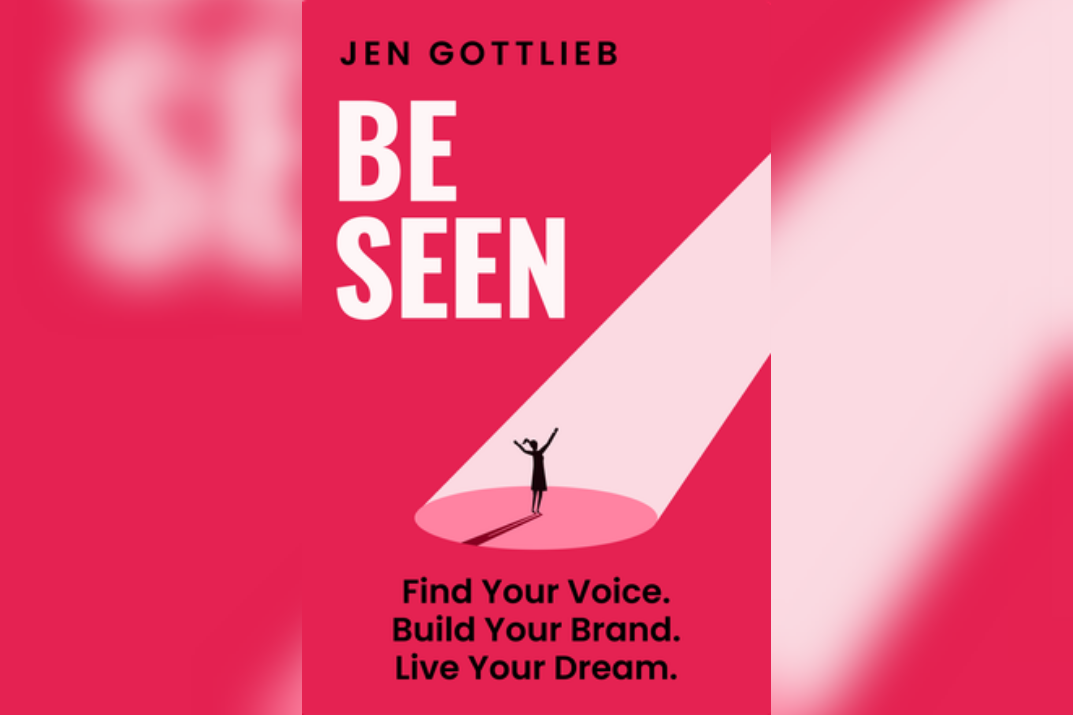




























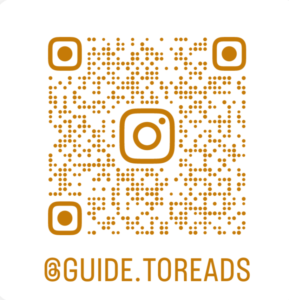
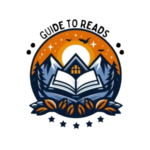

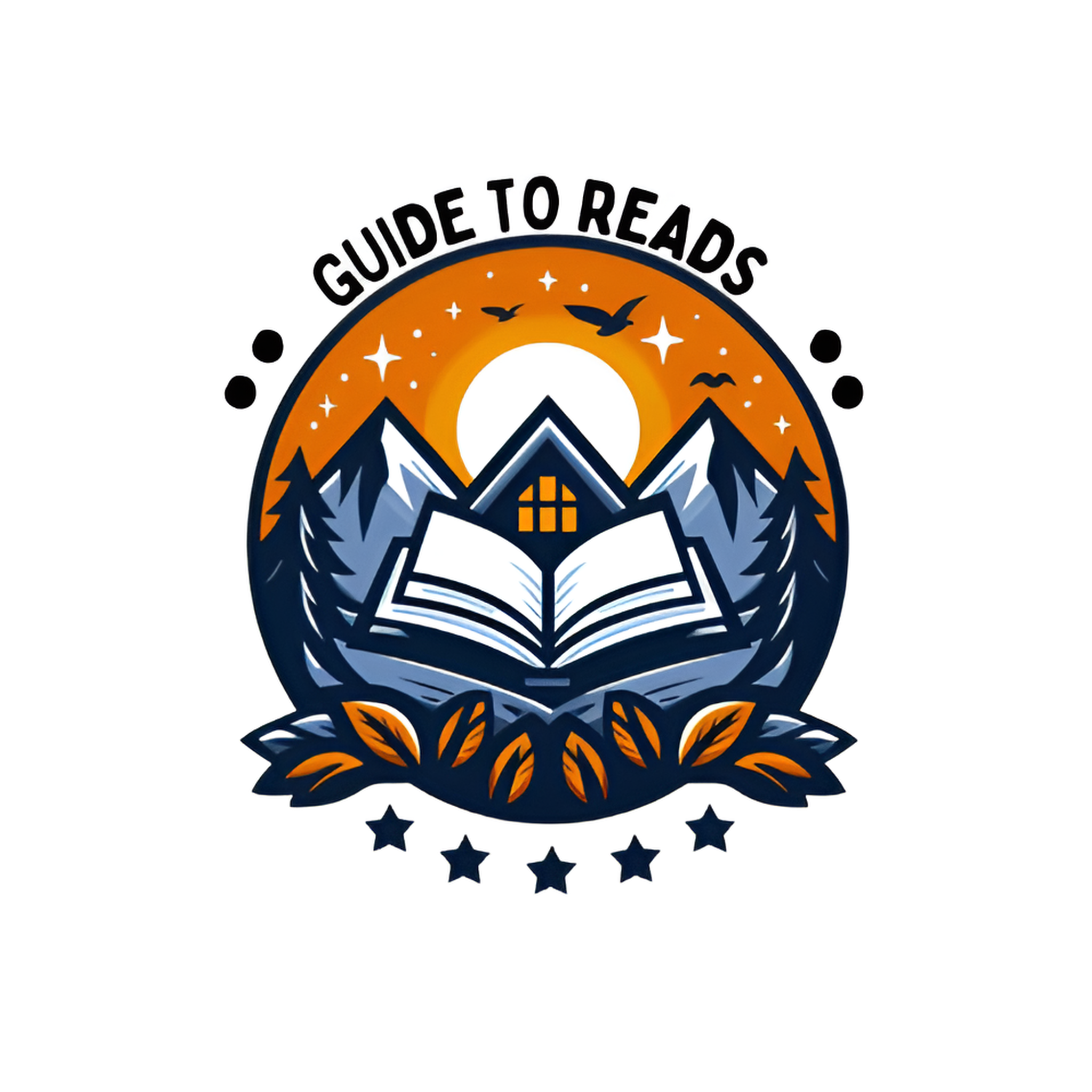

Thank you for your sharing. I am worried that I lack creative ideas. It is your article that makes me full of hope. Thank you. But, I have a question, can you help me?